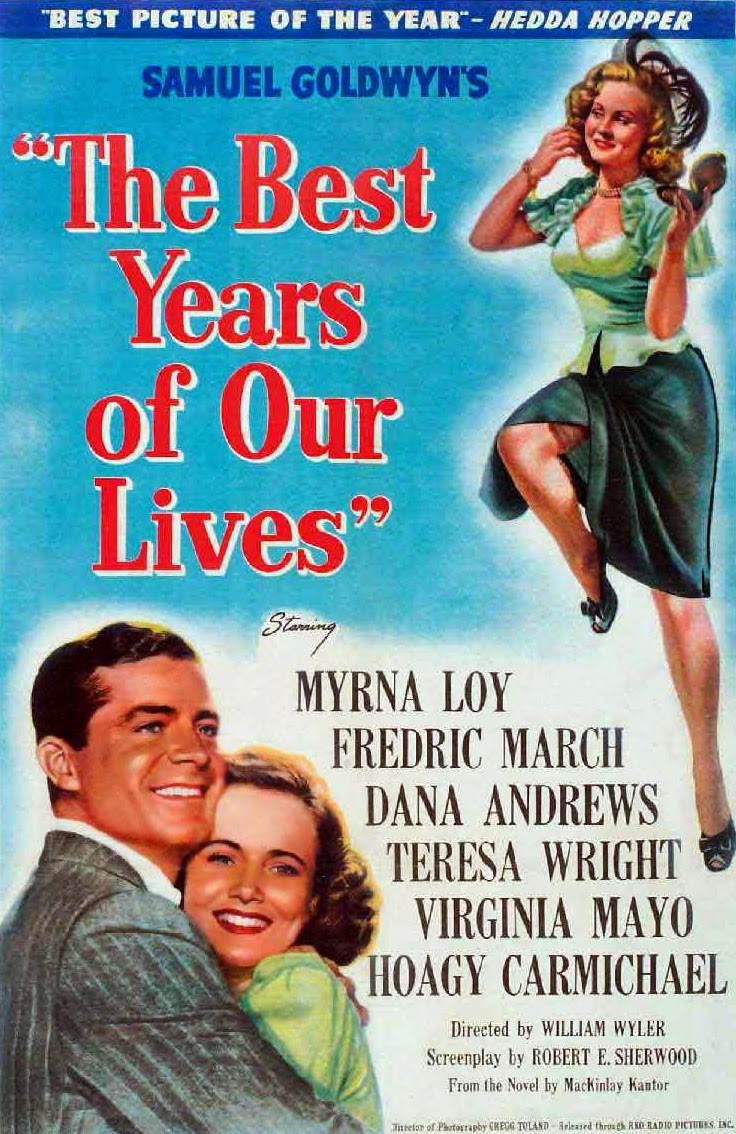IMDB Link
IMDB Rating: 7,5
Director: William Wyler
Main Cast: Gary Cooper, Dorothy McGuire, Anthony Perkins, Richard Eyer, Robert Middleton, Phyllis Love
"Friendly Persuasion is a charming, sensitive tale of a family of Quakers that attempts to maintain their pacifist ideals amid the turmoil of the U.S. Civil War. Best-known for playing quiet, understated characters who use violence when pushed too far, Gary Cooper gets the opportunity to explore a more peaceful resolution - though the film occasionally suggests that no person can be completely pacifistic. The tech credits are solid, as should be expected for a film directed by William Wyler; of particular note are Dimitri Tiomkin's score and Dorothy Jeakins's costume design. Though the film tends to exaggerate Quaker speech, the performances are convincing, and the screenplay (by blacklisted Michael Wilson) does a good job of transferring Jessamyn West's story to the screen. The film received six Oscar nominations, including Best Picture, though it did not win in any category." - www.allmovie.com








